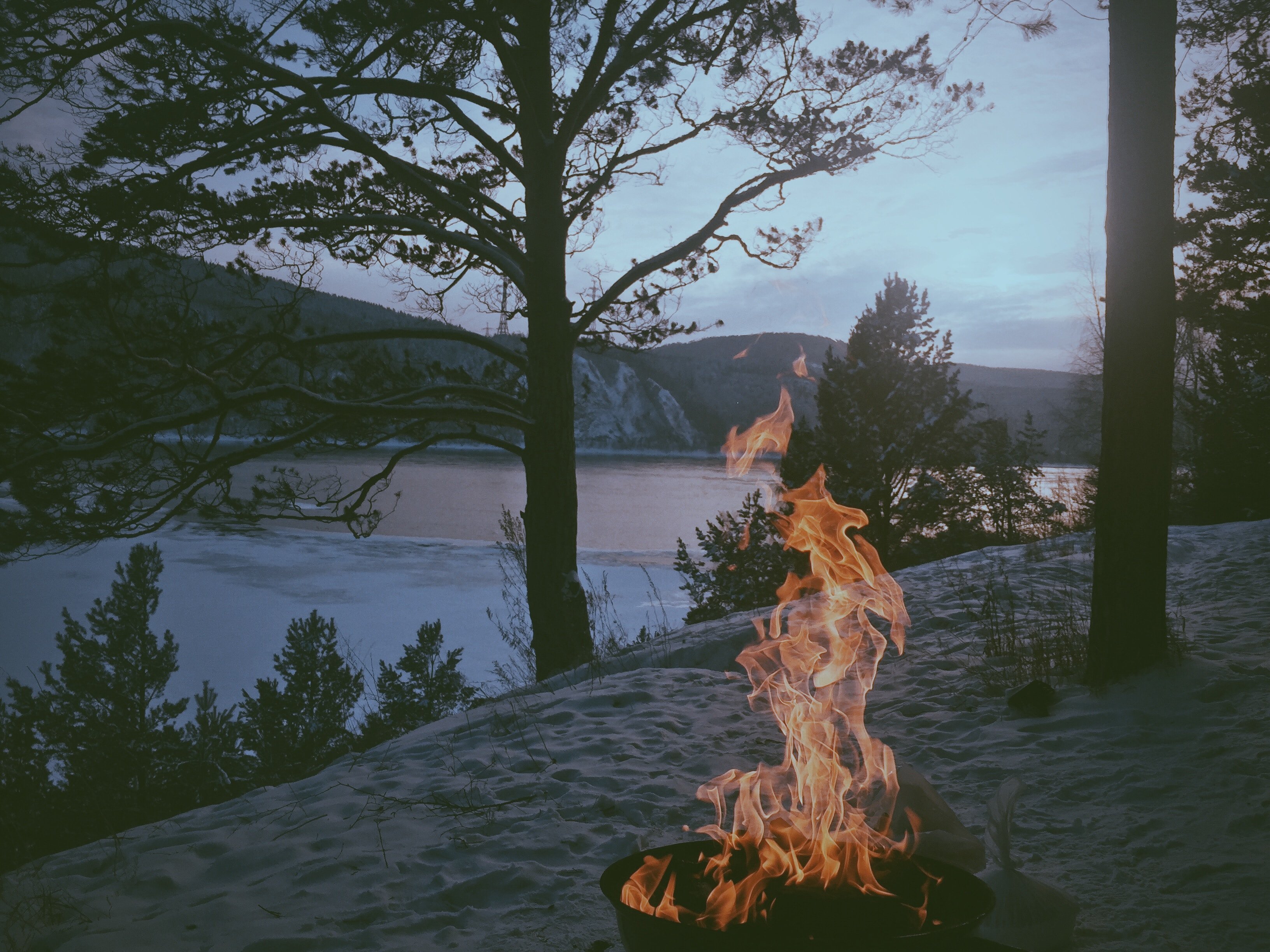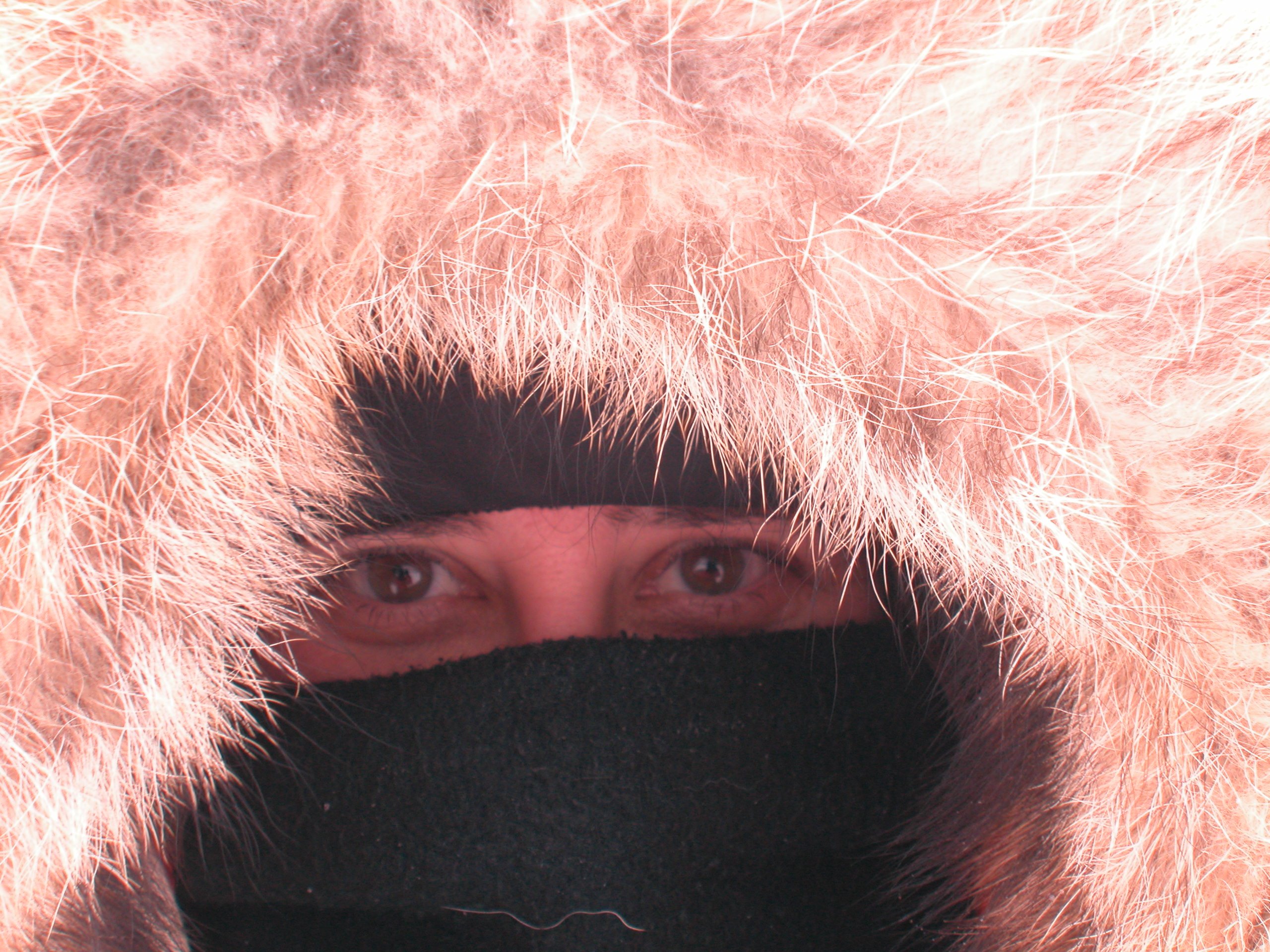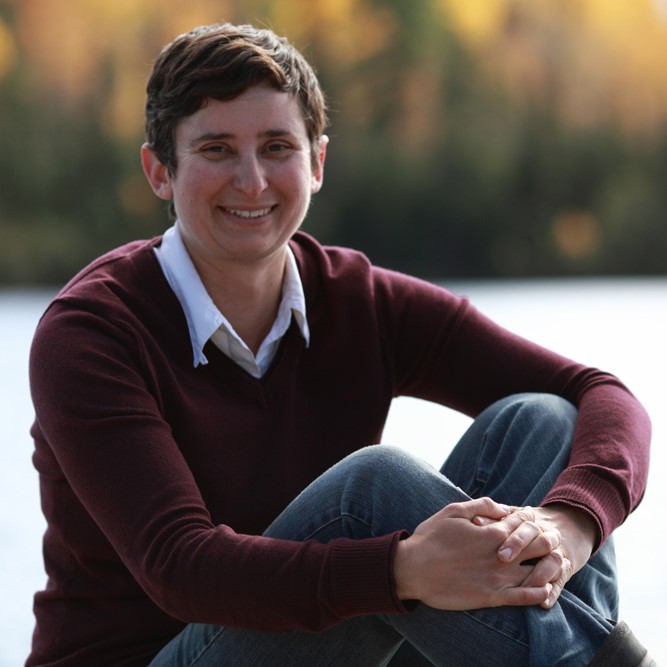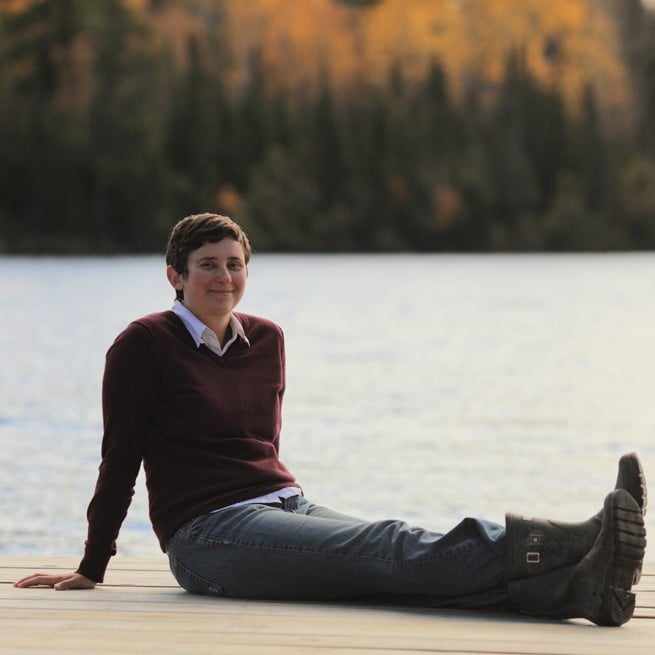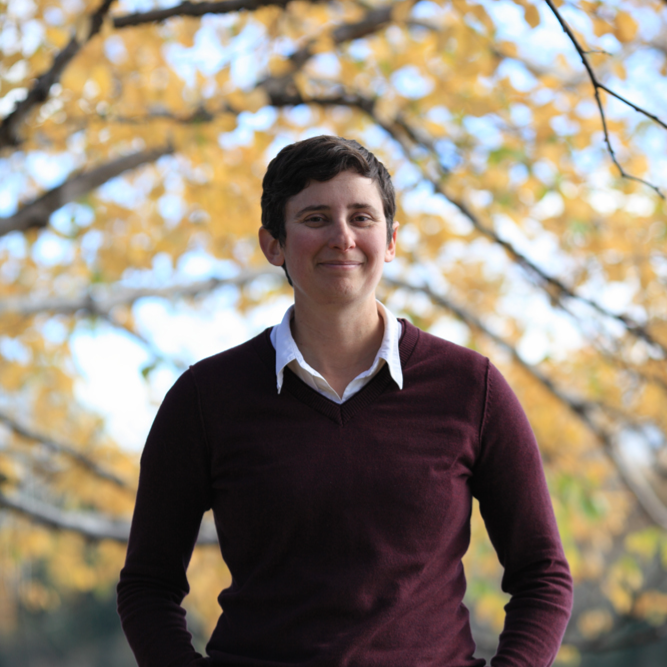You know you could do some great work in your organization ... but something’s off.
Maybe it’s a conflict brewing between team leaders fighting for resources that’s left you unsettled.
Perhaps your 360 review revealed some “surprises”... (“Distant? Unapproachable? Me??”)
Maybe no matter what you do, you keep finding yourself swamped by churn.
Or maybe there’s just a vibe that doesn’t sit right with you. People don’t make eye contact, teammates snip at each other or patronize each other, folks grumble about feeling unappreciated, and people talk about each other instead of to each other.
People are dynamic and changing, and not all that change is positive –– but the icy dread you’re currently feeling about work doesn’t have to crush your soul.
You can be the leader who makes things right.
Icy cold dread, I know you.
I’ve felt it in both the physical and metaphorical sense. A few years back, I was part of a team of leaders who traveled 220 km (over 120 miles) by dogsled and ski from as far north as the ice roads would take us to Churchill, Canada (home of many, many polar bears). We had to work together to stay warm, fed and moving, and also be happy, mentally healthy, and connected.
There were times we were cold. Very cold. Minus 40 degrees cold (and colder). There were times I was disoriented to a scary amount. Have you ever turned around expecting to see your entire team (and camp), but it just wasn’t there? We got through the experience happily, healthily and together because we were committed to our goals and attentive to every teammate.
You might not ever embrace the intensity of the sub-Arctic with me. But we can absolutely use what’s going on in your organization to do great work too.
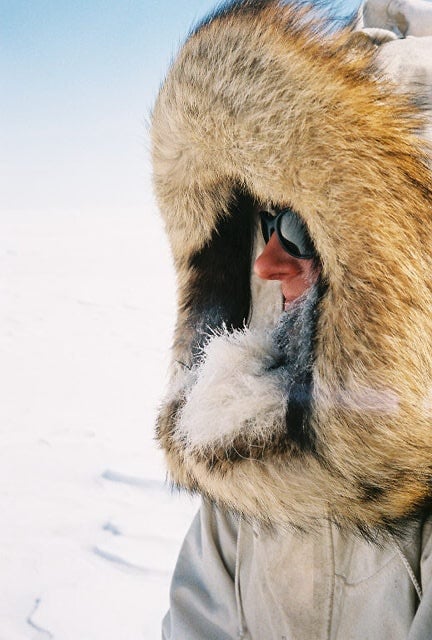
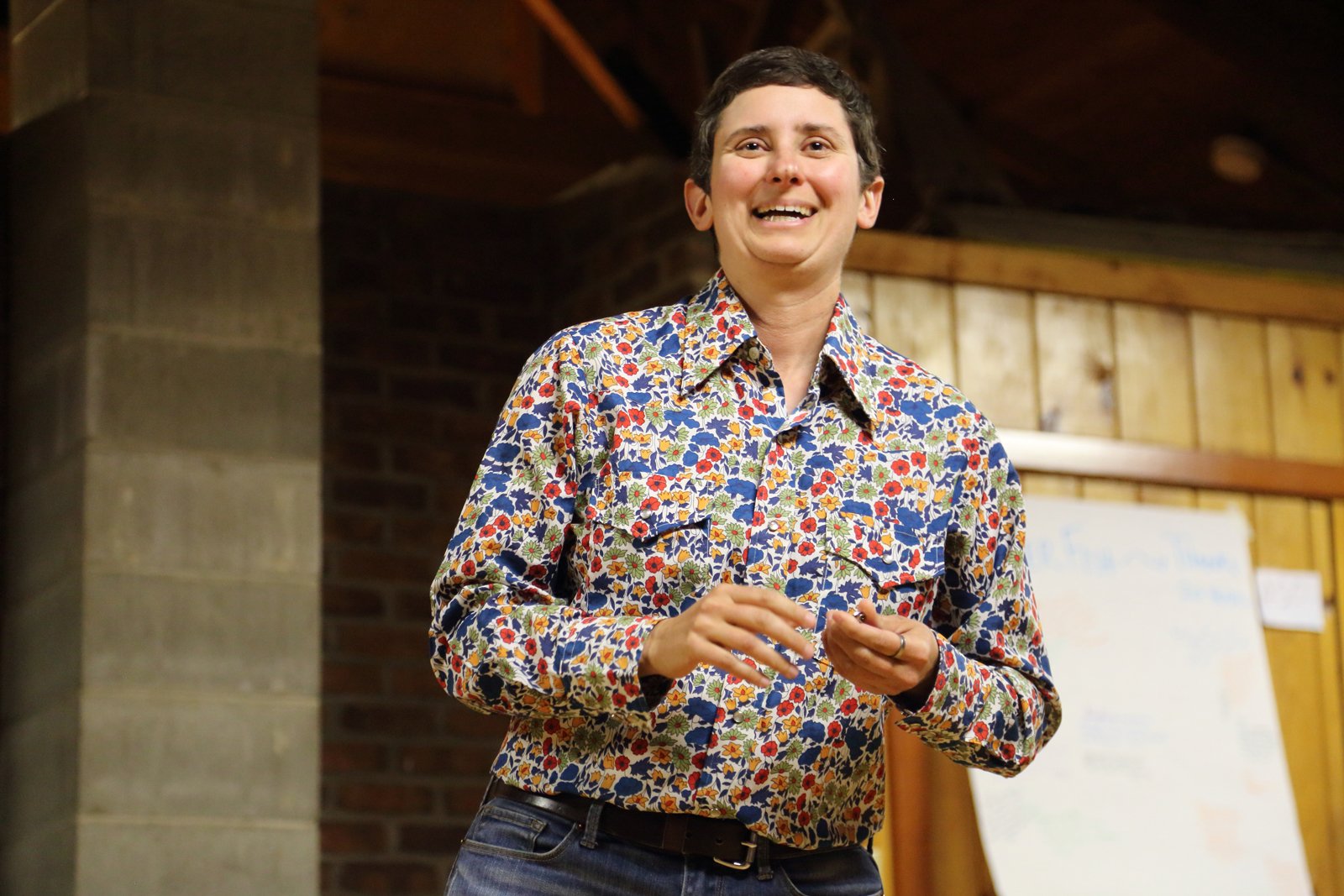
I work with leaders and teams to make the hardest parts of doing great work easier.
Together we’ve won world championships, formed strong co-leadership teams, shifted organizational culture, created systems for managing conflict that put community and relationships first (and ditched outdated punishment systems).
If you want to lead a team to great work, you need to do the hard parts. I give you tools to make thoughtful, meaningful, values-aligned action a habit so you can do right by your people while accomplishing great things.
How do I know? I’ve been doing this work since before I had a name for it.
I am a product of the Midwest who gets nostalgic about cornfields. I started in the field of experiential human development at the dawn of the twenty-first century, which basically meant that I spent a lot of time outside entreating fifth-graders to jump out of trees while hooked to ropes or scaring the crap out of them by hiking in woods at night under the guise of environmental education.
I progressed to instructing personal growth-oriented canoe/backpacking and dogsled/ski expeditions in the Boundary Waters Canoe Area Wilderness.
Even though it often felt like an individual endeavor, expeditions are always a team context. My attention to the creation and culture of the team was crucial, because that was what facilitated the emergence of leaders and excellent teams.
And eventually, I started training other people to that too.
Along the way, I earned a Master’s Degree in Experiential Education and a teaching license in English Language Arts (obviously, right?). I received and then conducted training on a wide variety of skills, everything from conflict management to technical wilderness travel and safety skills. I earned some fancy pieces of paper saying I can either likely keep you alive in various situations or that I do a pretty good job of not letting you get too close to dead in the first place.
I’ve honed my skills using personal stress, team challenges and complicated interpersonal dynamics as a medium for people to move forward knowing who they are as grounded, forward-looking, relationship-oriented leaders.
Let’s share the fire.
I never stop learning. You are constantly learning, too. I can help direct your learning, so you can do the hard parts of your work and do right by your people. You can leave a virtuous legacy through what you do and how you do it.
Let’s discuss how I can make that legacy of virtue easier to attain and maintain.
